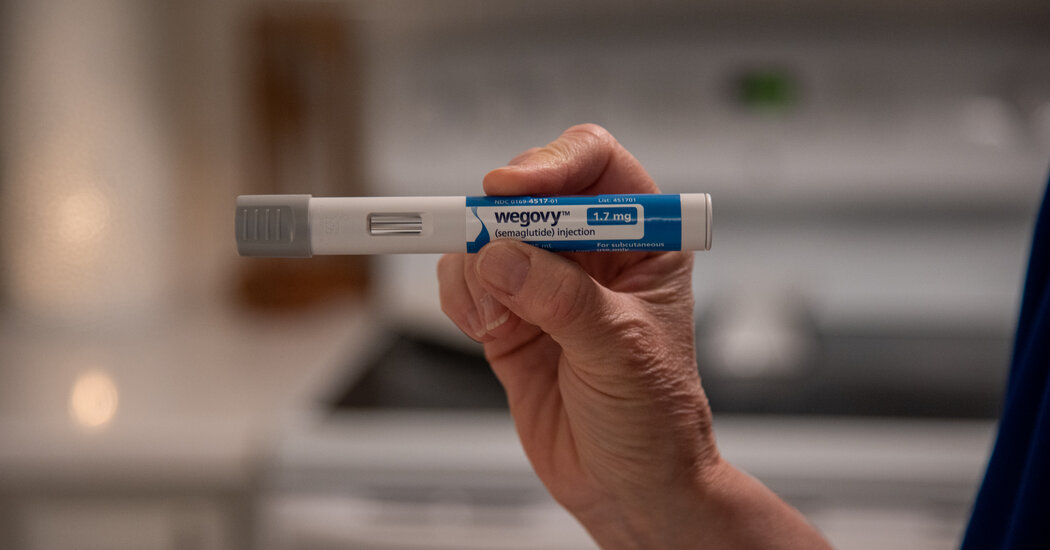Cardiovascular
Weight Loss Drug Cuts Risk of Heart Problems, Maker Says
A clinical trial was the first to demonstrate that a new obesity drug could also improve patients’ heart health.
A new obesity drug, Wegovy, slashed the risk of serious heart problems by 20 percent in a large trial, the drug’s maker said on Tuesday, a finding that could put pressure on insurers to cover the in-demand treatment.
The trial — the first to demonstrate that one of the new class of obesity drugs could also shore up patients’ heart health — reinforced the scientific consensus that obesity brings with it medical risks like heart attacks and strokes.
And it bolstered the idea that those obesity drugs can deliver long-term health benefits in addition to helping patients lose weight.
The drug’s maker, Novo Nordisk, reported only its top-line findings from the trial on Tuesday and not details about how Wegovy affected the risk of individual cardiovascular complications or patients’ weight. The trial included people aged 45 and older without diabetes. The data has not yet been published in a peer-reviewed journal.
The trial, which included roughly 17,000 adults with cardiovascular disease who were overweight or had obesity, tracked the incidence of heart attacks, strokes and cardiovascular deaths. It found that Wegovy reduced the risk of those outcomes by 20 percent.
“People living with obesity have an increased risk of cardiovascular disease but to date, there are no approved weight management medications proven to deliver effective weight management while also reducing the risk of heart attack, stroke or cardiovascular death,” said Martin Holst Lange, executive vice president for Development at Novo Nordisk.
Medicare does not cover weight loss medications and some employer insurance plans have refused to pay for it, owing to the view that the drugs are not essential medical remedies. But the new trial showing long-term medical benefits will likely increase the pressure on insurers to support the treatment, analysts said.
The drug’s high list price of $1,349 a month puts it out of reach for most whose insurance will not cover it.
Simon Cork, a senior lecturer at Anglia Ruskin University in England who has studied obesity, said that the findings needed to be confirmed through peer review, but that “they demonstrate the urgent need for patients living with obesity to be offered this effective and safe drug to prevent future disease.”
He said that the drug could save money for health systems even as it improved patients’ lives. It could also change an approach to obesity that has long emphasized the responsibility of patients for fighting their own weight gains.
“This data also shows the need for obesity to be treated as a serious health issue which needs aggressive treatment,” he said.

